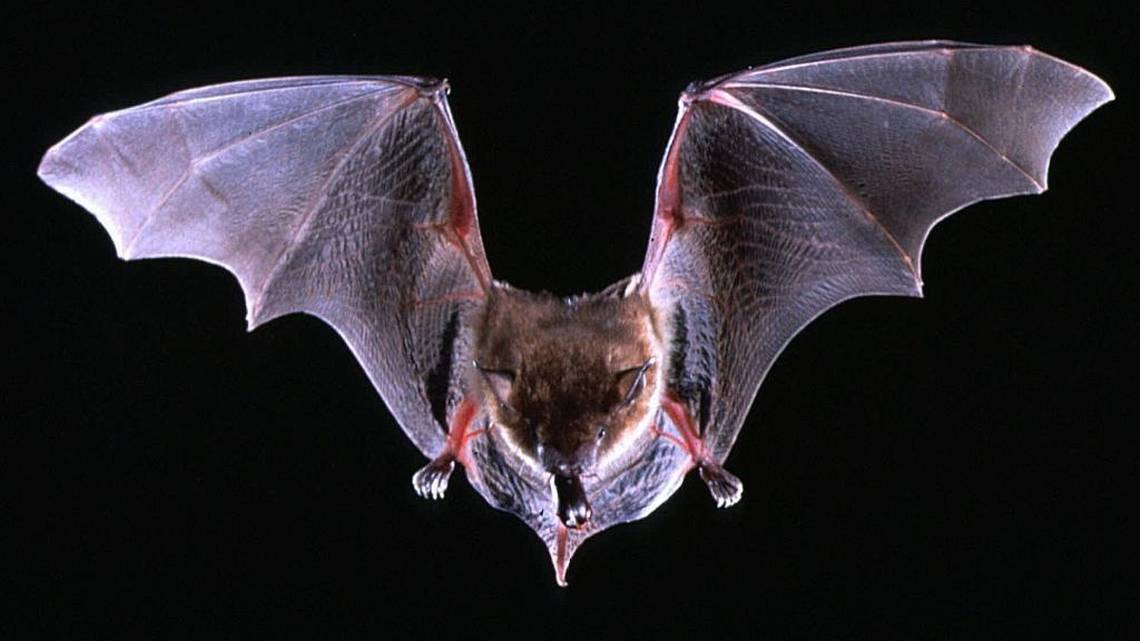
California State Parks and the California Department of Public Health (CDPH) are advising visitors to Auburn State Recreation Area to seek immediate medical attention if they encountered a rabid bat earlier this month at Mineral Bar Campground.
Placer County health officials notified the state agencies that a visitor to the Mineral Bar Campground found a bat and allowed other visitors, including children, to touch the animal. The visitor took the bat to animal control the following day, and test results showed the bat was positive for rabies. Immediate medical treatment is recommended for anyone who had physical contact with the rabid bat between Aug. 1 and Aug. 3.
“We’ve been in contact with several park visitors who handled the infected bat and they are already seeking treatment,” said Mike Howard, Auburn State Recreation Area Sector Superintendent for State Parks. “We are urging any park visitor who might have had physical contact with the bat at Mineral Bar Campground during those few days to seek medical attention as soon as possible.”
State Parks has been working closely with the Placer County Public Health Department and CDPH to ensure that anyone who was in the area is notified about the danger of rabies exposure and infection. Additionally, California Department of Fish and Wildlife biologists surveyed the Mineral Bar Campground area and found no other sick animals. The campground remains open to the public.

Rabies is a viral disease that affects both animals and people. Animals with rabies shed virus in their saliva and can transmit the infection to another animal or person, typically through a bite. After a few weeks to months, infected animals develop neurologic signs including paralysis, abnormal behavior, and increased aggression.
Rabies virus is active in wildlife throughout California. CDPH reported that 231 cases of rabies were reported in animals in California in 2017. Over 95% of rabies cases were in wildlife, chiefly bats, and skunks which are the principal reservoirs for rabies in California. The U.S. Centers for Disease Control and Prevention (CDC) reported that 38 human cases of rabies occurred in the U.S. between 2003 and 2015; 22 (57%) of these cases were acquired through contact with bats.
California State Parks and CDPH offers these additional recommendations to reduce the risk of rabies to you and your family while visiting state parks:
- Do not approach or handle wild or unfamiliar animals.
- Animals appearing sick or injured are far more likely to carry diseases.
- Report any animal that is acting abnormally to park officials.
- Keep pets confined or on a leash. Work with your veterinarian to keep pets current on their vaccinations.
- If you are bitten by an animal, immediately wash the wound with soap and water, and contact your doctor. Report bites from wild or domestic animals to your local public health agency.
For more information about rabies, visit CDPH’s website.